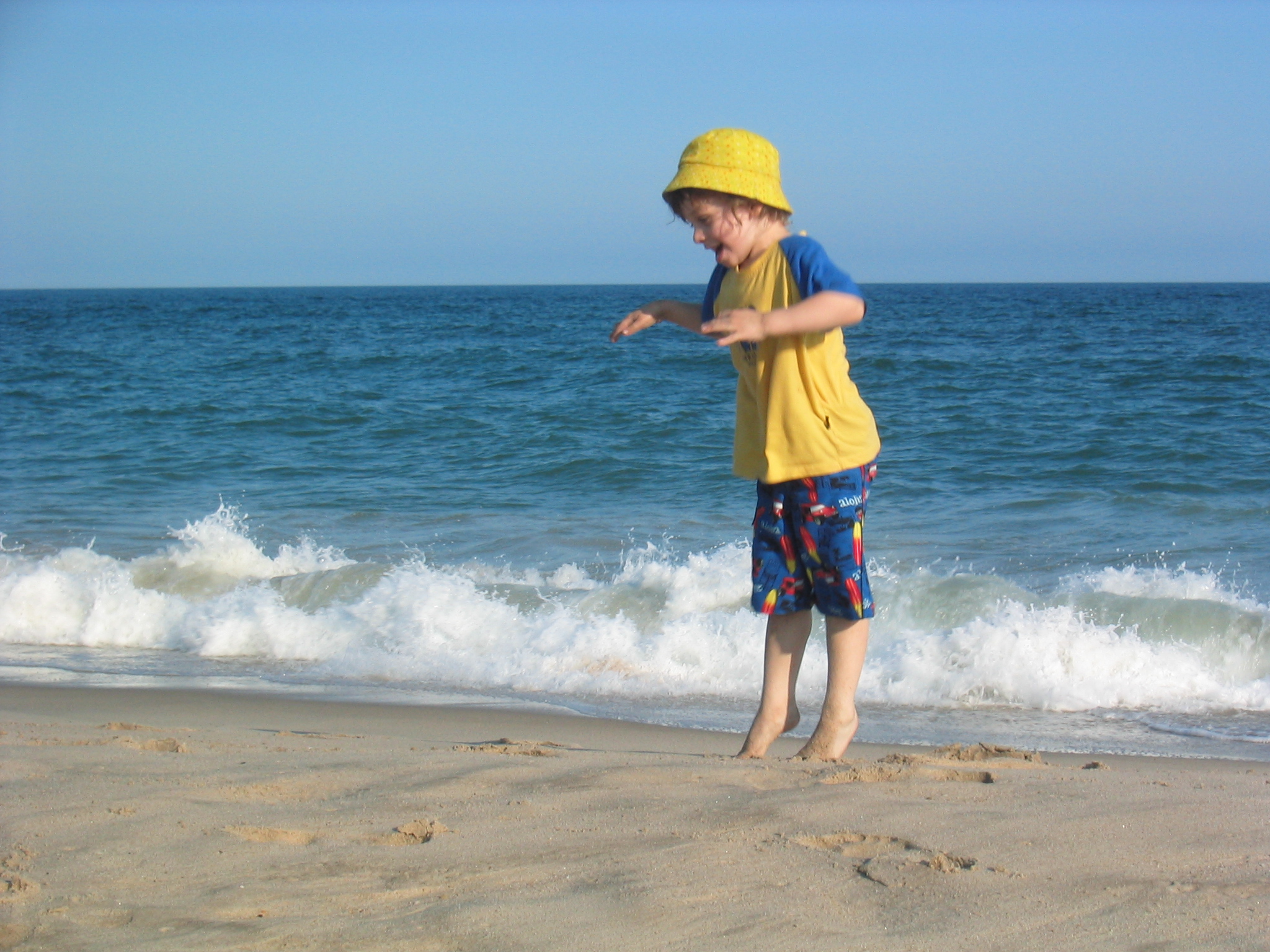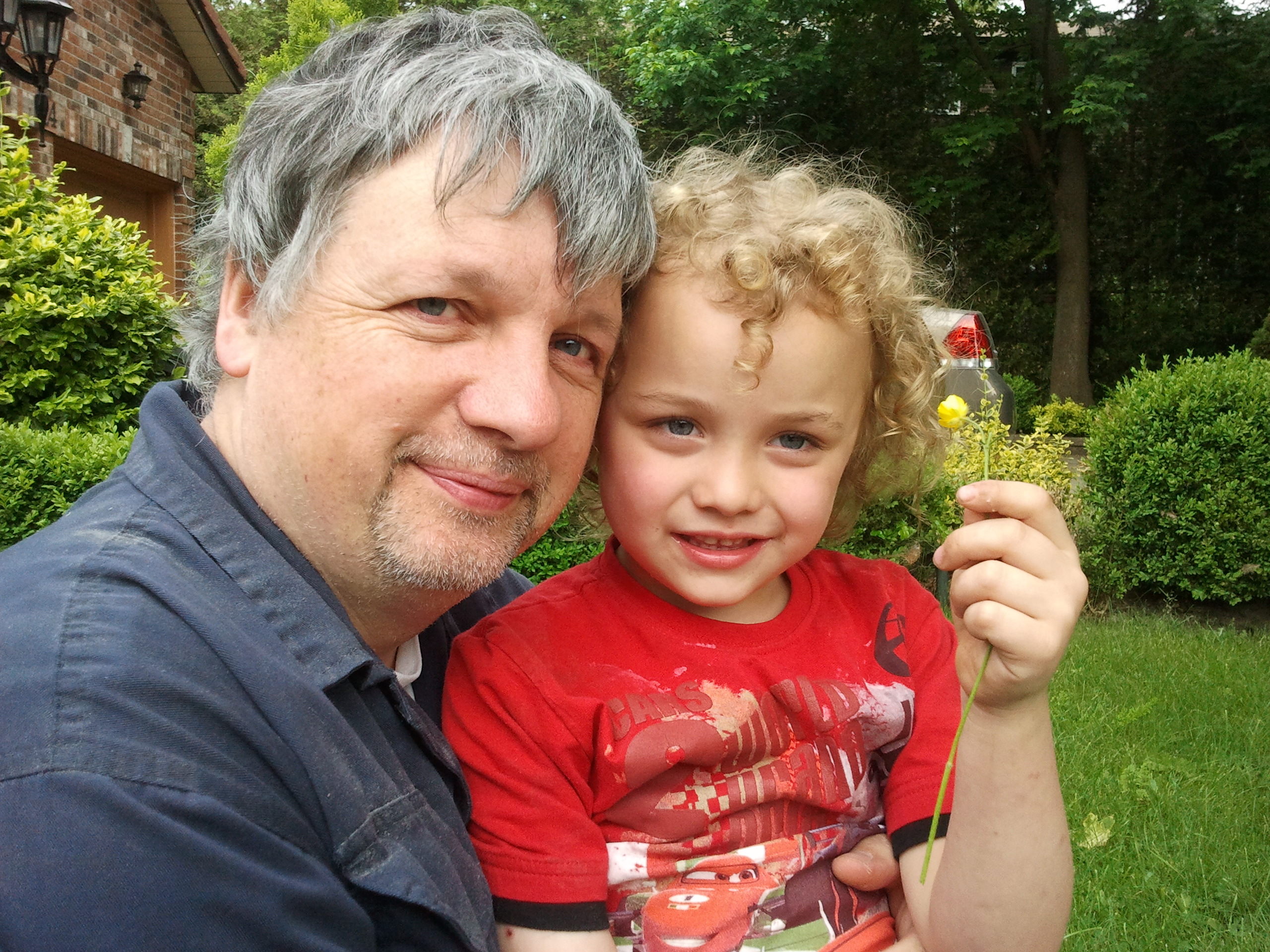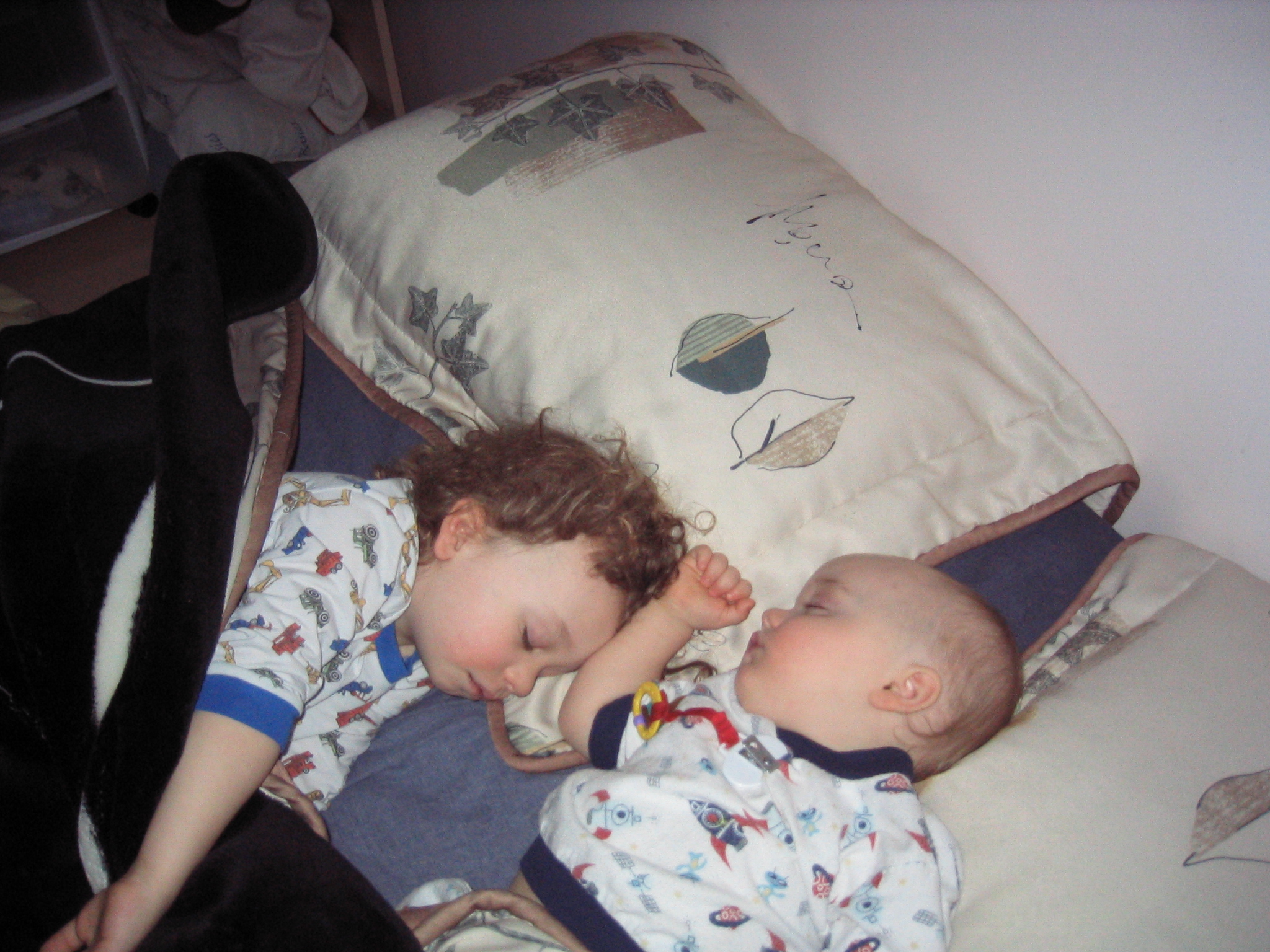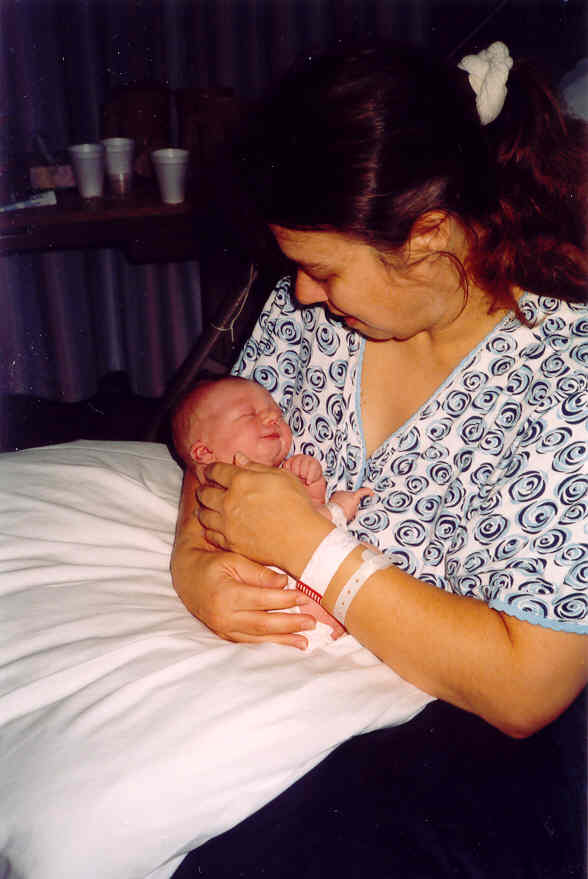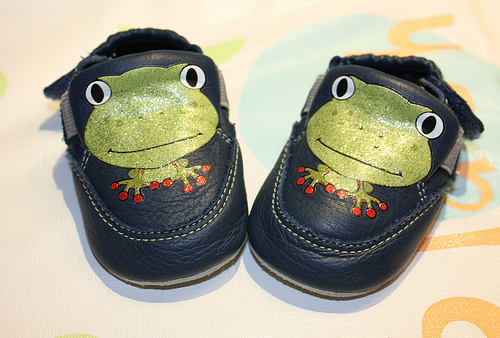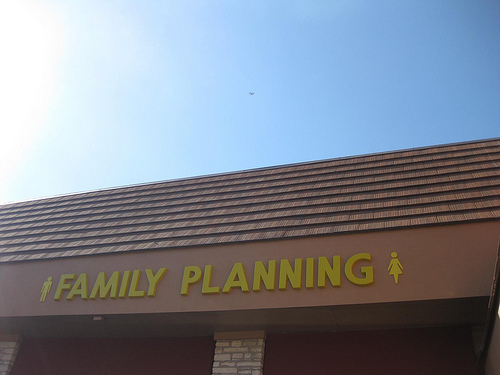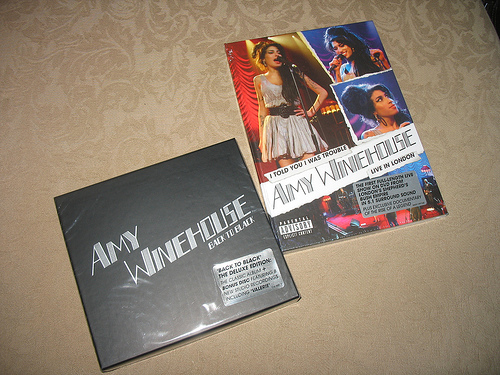Once upon a time, life was normal. I was a regular young woman with regular ambitions. I had a few friends, and although I was never a party-animal, I had a reasonable social life. I kind-of-but-not-really knew what I wanted to do with my future. Nothing was cast in concrete, but I did have something loosely resembling a plan.
One day, all of that fell apart. The events that led to the undoing of my life as I then knew it are not important. Let’s just say that things changed. I went through some experiences that completely changed the direction of my life. Although the events themselves were not always positive, they did ultimately lead me down a path to becoming a stronger, more resilient person than I might otherwise have been.
These events did, however, leave me emotionally raw. I ended up with a propensity to depression that has plagued me several times over the years. Sometimes the depression hits abruptly, as if someone has thrown a switch in my head. Sometimes it creeps up so gradually that I don’t even notice it until I wake up one morning to realize that it’s there.
The depression is always bleak and frightening. When it’s there, I feel as if I am trapped by myself in an emotional wasteland. I have this sense of having to travel over inhospitable terrain where no-one is able to reach me. Outwardly, I go through the motions of existence. I get up and go to work, I parent my children, I keep in touch with people enough to avoid letting on that something is wrong. But on the inside, I am barely making it from one day to the next.
In the end, though, I have a natural optimism that gets me through. Even when I am in the midst of my darkest hours, I operate under the belief that no matter how bad things might be, they have the potential to get better. And somehow – after a few days, a few weeks or a few months – I emerge from my emotional wasteland. I start to feel the sunshine on my face again. I notice the colours around me, and I hear the laughter of my children.
This week’s Indie Ink Challenge came from Sir, who gave me this prompt: Write about the character trait of your that’s the most frightening.
I challenged Michael Webb with the prompt:You are walking in the forest and you trip over a wooden box. You open the box and find…





